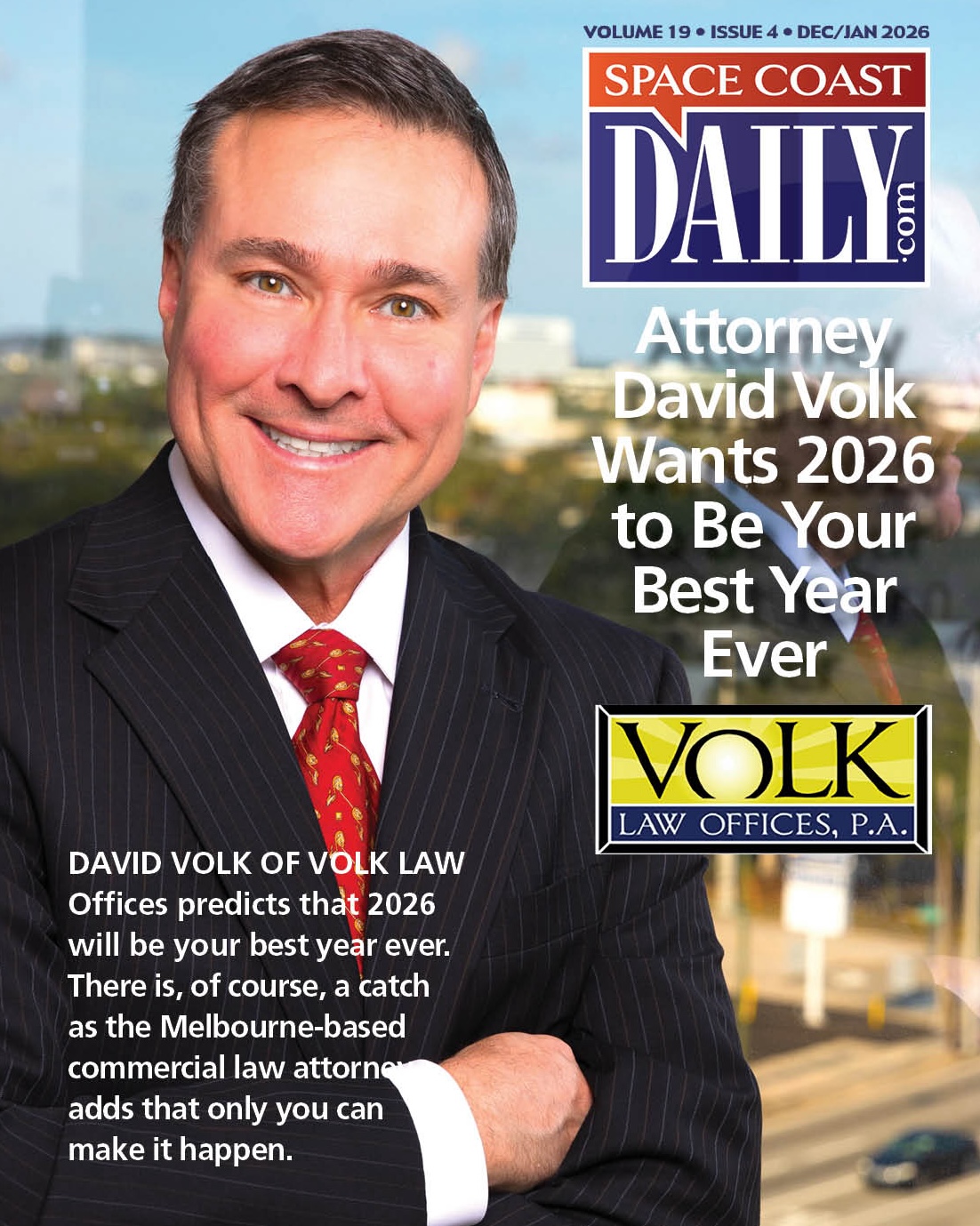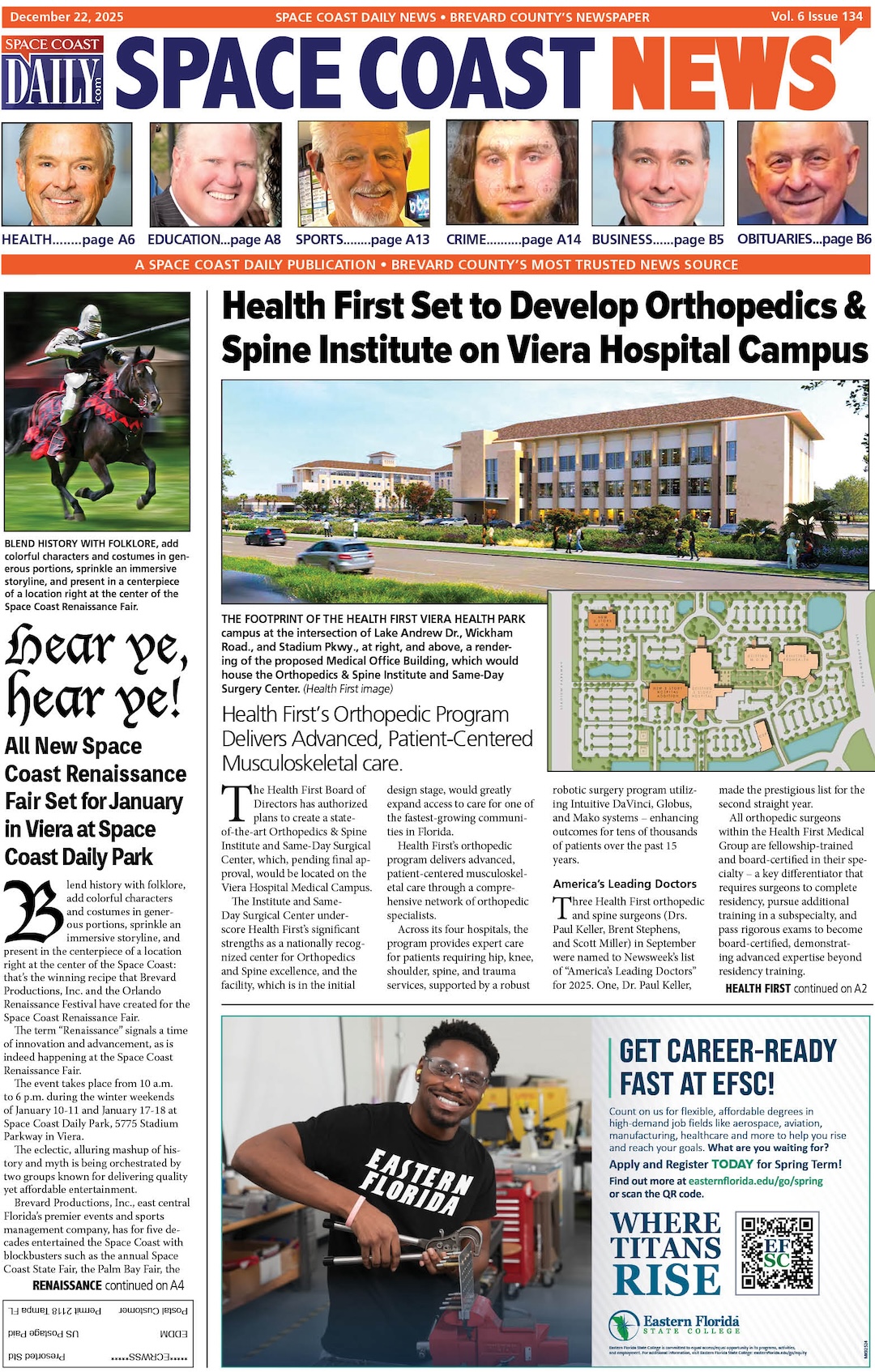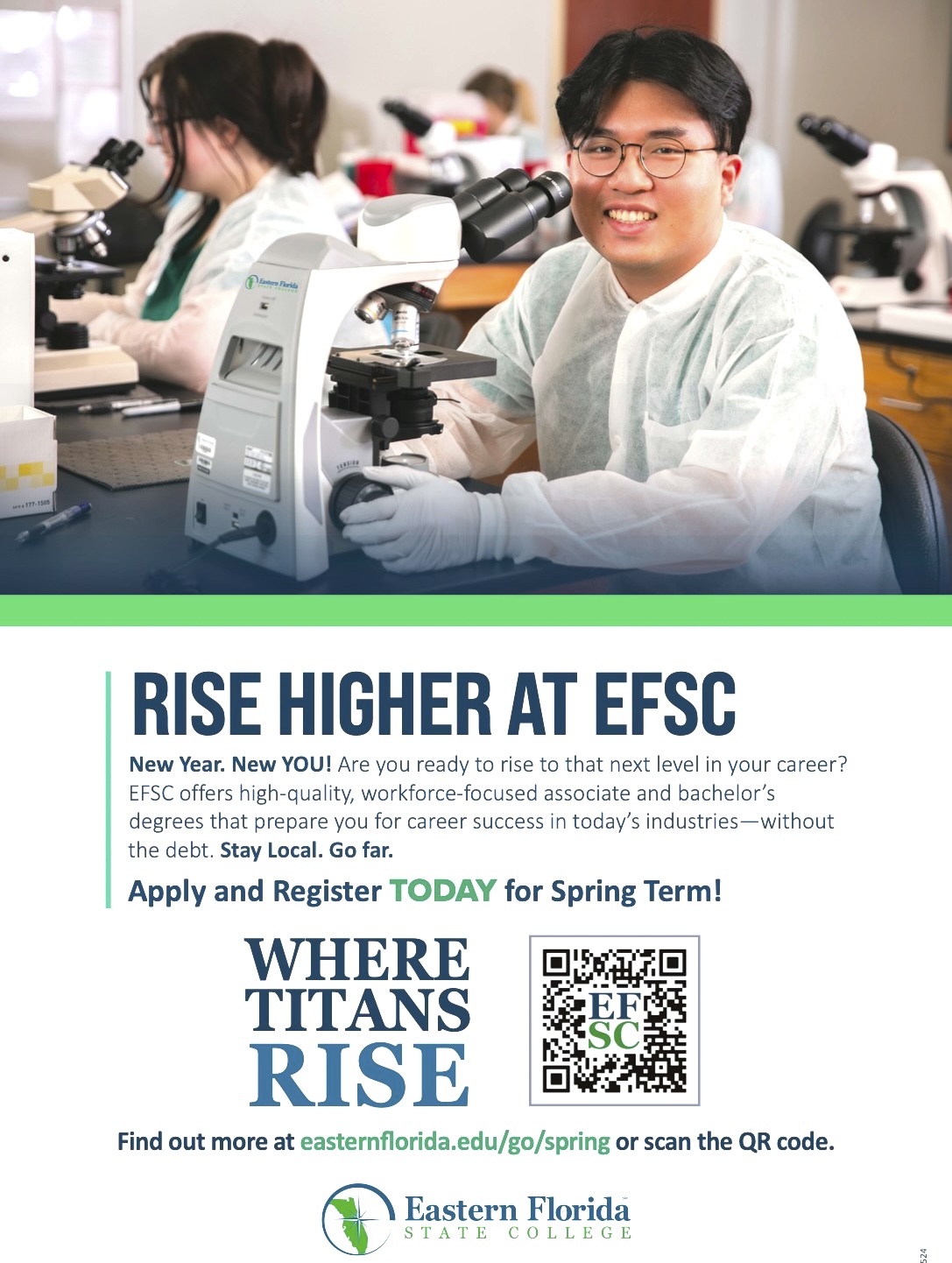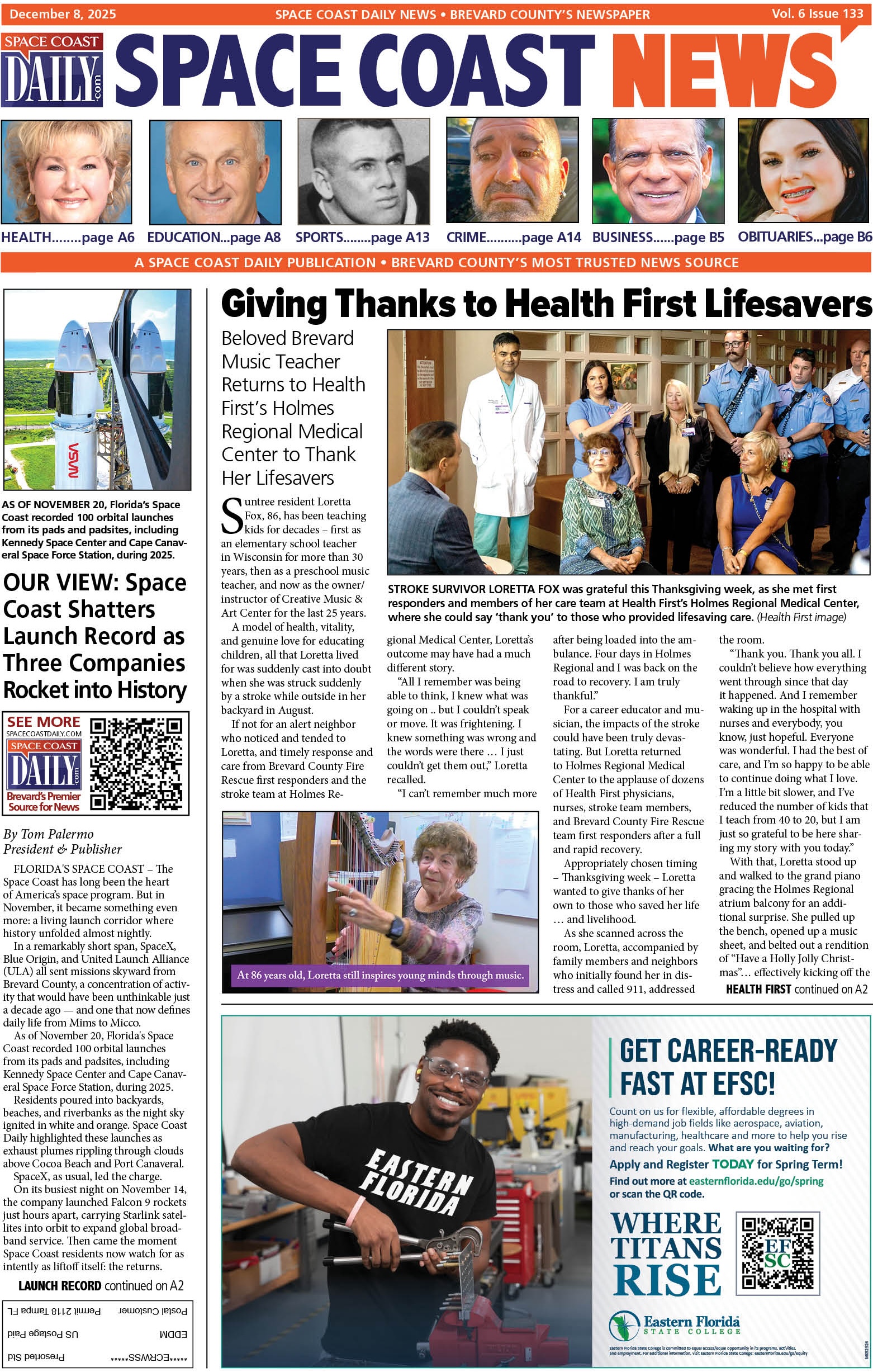Dr. Mark Pinsky: Stem Cell Research Showing Promise In Dementia Treatment
By Dr. Mark Pinsky // June 5, 2016
Stem cell therapy is the future of medicine
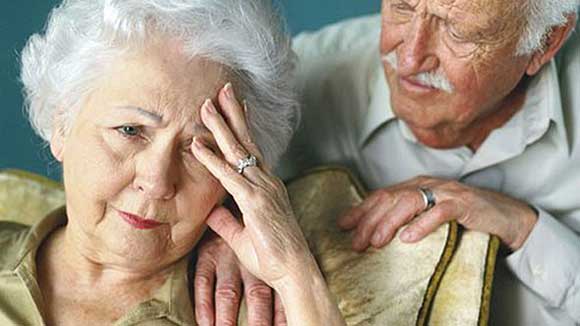
Dementia is defined as a loss of cognitive or intellectual functioning. Most people are familiar only with Alzheimer’s disease.
This is, in fact, the most common type of dementia, but there are several other types. Distinguishing between the types is often difficult and a precise diagnosis often impossible.
Accurate Diagnosis Is Key
There is no definitive lab or imaging test to guide us and we are forced to diagnose on the basis of symptoms. Determining an accurate diagnosis is key because, although there is no cure, some symptoms of dementia can be improved.
For example, among the characteristics of Lewy Body Dementia are visual hallucinations and incontinence. So while we can’t treat the dementia itself very effectively, we can improve the quality of life by addressing some of the symptoms.
Stem Cell Research Showing Some Promise For AD
Conventional treatment for dementia has resulted in limited benefit for patients suffering from this horrific disease. The traditional thought process has always been that brain cells die and no new brain cells could ever be formed.
In 1992, two international research studies, independent of one another, discovered that stem cells existed in certain areas of the brain and continuously divide to renew themselves and produce new nerve cells.
Now research is focusing on how to differentiate these cells from ordinary brain cells so that the properties of these stem cells can be studied more closely.
Researchers hope that they can understand how the stem cell is regulated and then target drug therapies to encourage these cells to make the types of nerve cells needed.
In addition, research is also focused on understanding features of the stem cell that might be preventing the stem cell from activating its own repair mechanism.
Steady progress is being made, but unfortunately the science is only at its infancy even after 20 years.
There Is Some Good News
Researchers now know that stem cells from Alzheimer’s patients (AD) can be given and sustained in culture, and that stem cells exist in the brains of AD patients. AD patients do not have as many stem cells, and researchers believe that is related to a reaction between the stem cells and the plaque that forms in the brain of AD patients.
Inside the plaque is a substance known as Amyloid beta 42 that not only blocks stem cell activity, but also when the level gets too high, destroys the stem cell itself.
Therefore it appears that for stem cell therapy to be effective, there must be a reduction in the amount of Amyloid beta 42 within the brain, or enough stimulation of the stem cell to overcome the toxic environment to produce more nerve cells.
At this moment, the most promising results have come from a medication that pushes stem cells to generate more nerve cells.
Specifically, the drug known as BDNF (Brain Derived Neurotrophic Factor) has increased nerve cell production from stem cells of animal models with AD when infused directly into their brains. More importantly, there was an improvement in the animals’ performance with respect to various behavior and memory tests.
Directed Stem Cell Therapy Future of 21st Century Medicine
Stem cell therapy is the future of medicine. Stem cell treatment will be to the 21st century what antibiotics and immunizations were to the 20th century. Please encourage intensified research to continue for adult stem cells ONLY.
The use of embryonic stem cells has no pace in medicine and is in fact very dangerous. Science is on the verge of something amazing here if it chooses the correct path. Let’s not leave that choice up to those with self serving needs.
For more information call Dr. Pinsky at 321-255-2289 or log on to MDVIP.com/MarkPinskyDO
ABOUT DR. MARK PINSKY
 Dr. Mark Pinsky is an affiliate of MDVIP and is board certified in family medicine by the American Academy of Family Medicine. He completed his doctorate degree from the University of Health Sciences College of Osteopathic Medicine in Kansas City, Missouri.
Dr. Mark Pinsky is an affiliate of MDVIP and is board certified in family medicine by the American Academy of Family Medicine. He completed his doctorate degree from the University of Health Sciences College of Osteopathic Medicine in Kansas City, Missouri.
His family practice residency was served at the University of Louisville in Kentucky. In addition, Dr. Pinsky completed a sports medicine fellowship in Cleveland, Ohio, with Lutheran Medical Center in conjunction with Horizon Orthopedics, the team physicians for the Cleveland Indians.
He also has a certificate of additional qualifications in sports medicine from the American Academy of Family Practice. Dr. Pinsky speaks nationally for several pharmaceutical companies and serves as the medical director for a home health care agency. Currently he is caring for Viera High athletes and is a partner of Medical Associates of Brevard. To reach Dr. Pinsky, call 321-255-2289.



